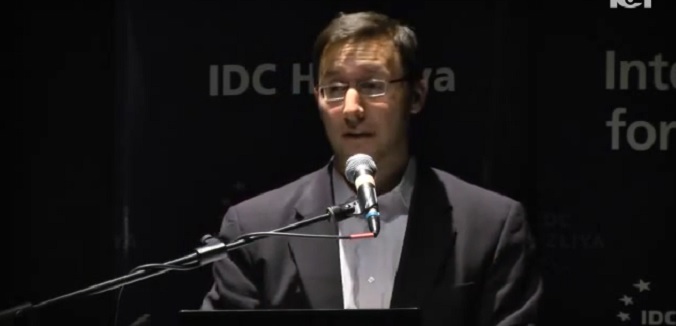NOW Lebanon senior journalist Ana Maria Luca on Wednesday rounded up assessments from top analysts regarding congressional progress in advancing the Hezbollah International Financing Prevention Act of 2014, which was introduced last week in the Senate after parallel legislation had begun making its way through the House of Representatives:
“This important bipartisan legislation is critical to disrupting Hezbollah’s global networks and limiting its ability to finance terror attacks, spread its extremist message, and recruit new members,” Mark Dubowitz, executive director of the Washington-based Foundation for the Defense of Democracies said in a statement sent to NOW. “Hezbollah remains one of the most dangerous global terrorist organizations, operates as the long arm of Iranian terror, and is deeply involved in the slaughter of innocents in Syria.”
Observers had already unpacked several potential implications of the legislation, which congressional sources declared was designed to “snuff out” the Iran-backed Shiite terror group. Hezbollah has for decades insisted that it is an indigenous Lebanese organization promoting Lebanese interests – a stance that found supporters in pockets of the Western foreign policy community – opposite critics who had long insisted that its willingness to use Lebanese banks for illicit activities, and therefore to expose those banks to the risk of international censure, was difficult to align with such branding.
Luca’s Wednesday piece quoted sources from the Lebanese banking world worrying over multiple potential impacts on Lebanese banks:
Sources in the Lebanese banking system – who asked to remain anonymous for security reasons – told NOW that they expect the bill might have multiple repercussions on the Lebanese banks. However, though a number of officials are worried about the bill, it’s not clear what the consequences would be since it has yet to be discussed in Congress, the source said.
It also quoted Washington Institute Senior Fellow Matt Levitt explaining that the bills are not meant to damage the Lebanese banking system:
“Nobody wants to undermine the Lebanese banking system,” Levitt pointed out. “The bills are meant to curb Hezbollah’s use of the international financial system.” He also underscored that neither of the bills refer to the political activities of Hezbollah, but rather focus on money laundering activities, logistic operations, as well as weapons or drug trafficking activities that the US authorities linked to the Party.
[Photo: ICT / YouTube]




